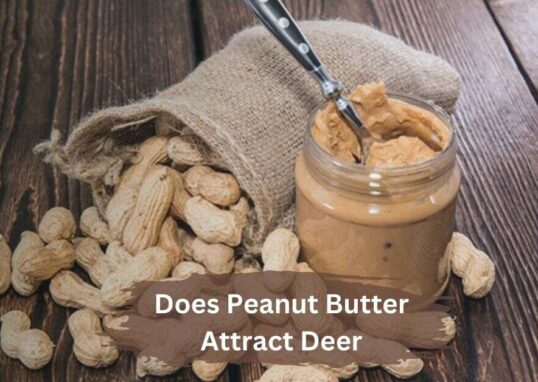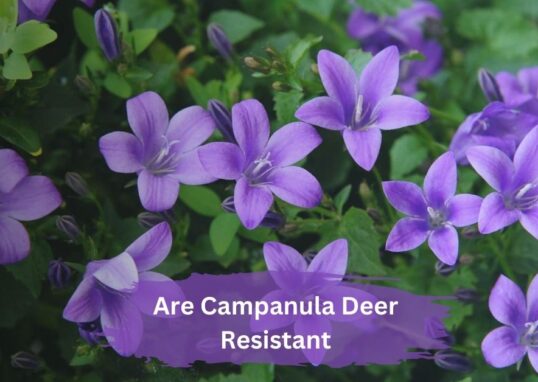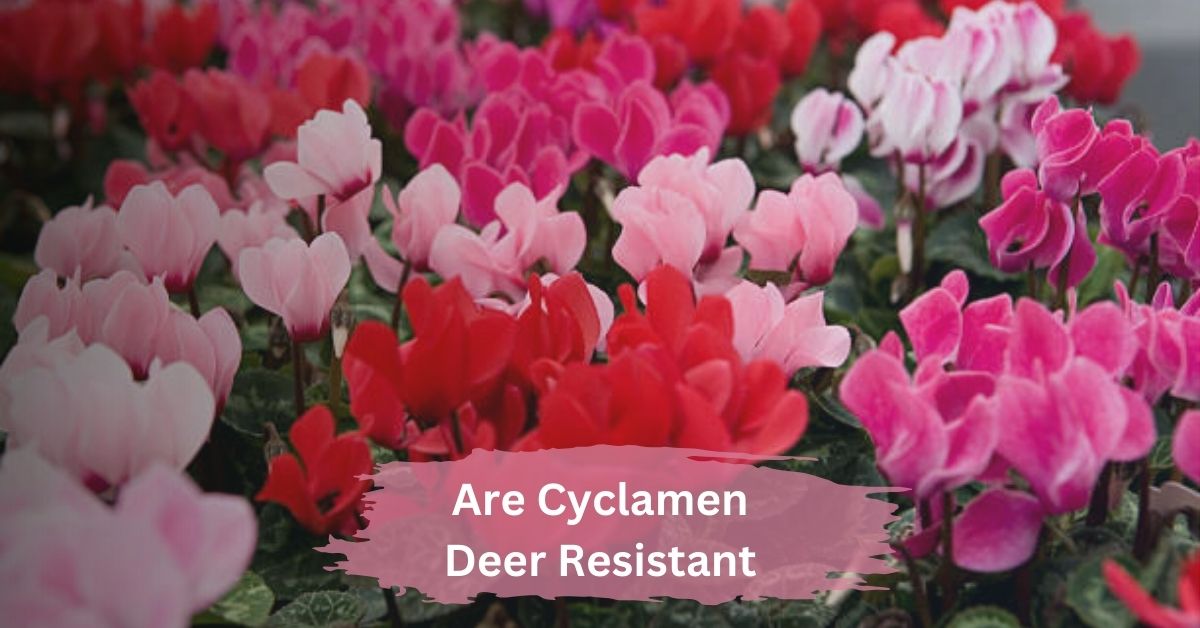
Deer are lovely animals that roam the woods, but when it comes to your garden, they can cause trouble. Don’t worry; some plants are deer-resistant, and cyclamen is one of them.
Yes, Cyclamen are among the rare winter-blooming plants that are deer resistant due to their toxic compounds. However, they may still be nibbled on during food shortages or high deer populations.
I’ve figured out some solutions to make cyclamen totally deer resistant, even in food shortages or high deer populations.
Table of Contents:
What Is Cyclamen Hederifolium? – Famous Deer-Resistant Type!
I was confused about do deer eat cyclamen or not. So, I chose Cyclamen hederifolium, ‘Silver Leaf Pink,’ which has won awards from the Royal Horticultural Society.
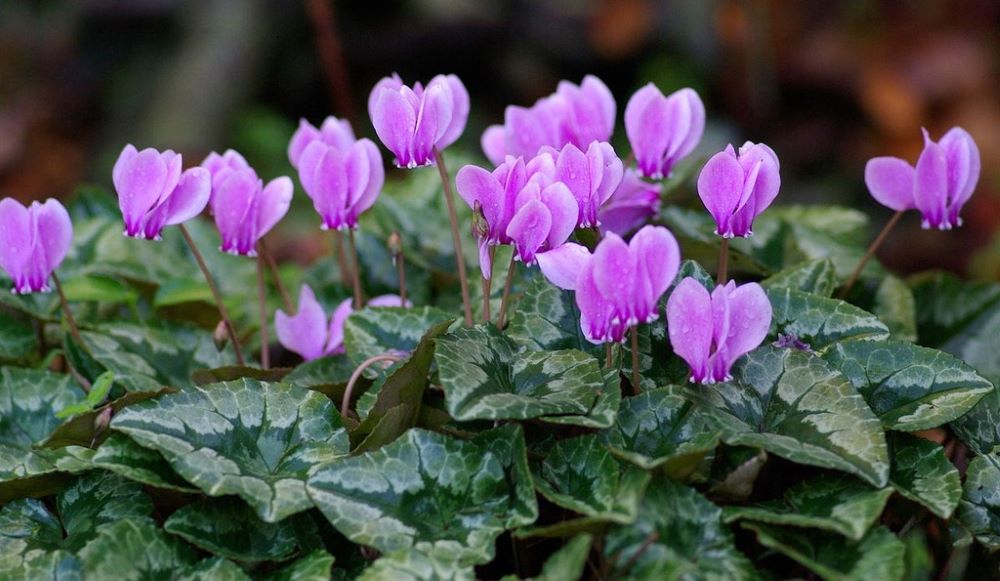
This cyclamen is known to be very tough and can survive outdoors all year round. I observed this plant as a perfect deer resistant.
Cyclamen hederifolium is a species of cyclamen. It is also called the ivy-leaved cyclamen or Neapolitan cyclamen and belongs to the Primulaceae family. Originally from the Mediterranean, Northern Europe, and the Pacific Northwest. This species typically blooms in late summer to early autumn.
Deer typically avoid eating Cyclamen hederifolium due to its toxic nature. Cyclamen plants contain compounds such as Saponins and Terpenoids, which are poisonous to animals if ingested in large quantities.
Always Remember: Cyclamen hederifolium are deer resistant, but watch out for mice and squirrels—they like it. Also, be careful if you have cats or dogs because cyclamen can harm them if they eat it.
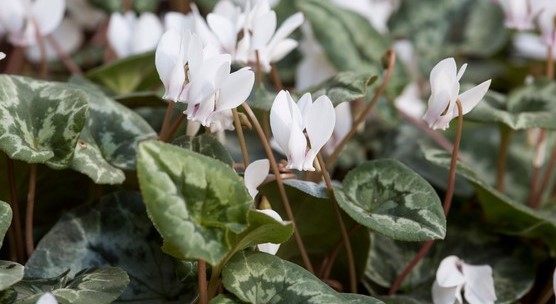
Factors Influencing Cyclamen’s Deer Resistance – Have A Look!
1. Toxic Compounds:
Cyclamen leaves and roots contain toxic compounds. These compounds have a bitter taste and can cause stomach discomfort if ingested. However, these toxins act as a natural deterrent, making cyclamen less appealing to deer.
2. Physical Characteristics:
The leaves of cyclamen plants are waxy and tough, which makes them less tasty to deer. Deer typically prefer tender, juice leaves, so the texture of cyclamen leaves is a deterrent against deer browsing.
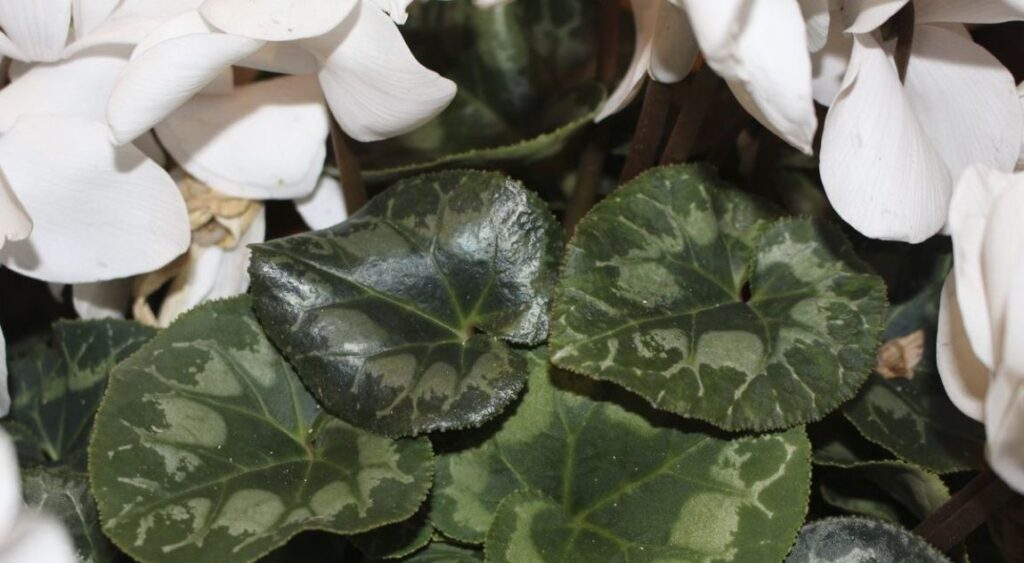
3. Deer Behavior:
Knowing how deer behave is important to understand how well cyclamen can resist them. Some factors can impact the deer browsing on cyclamen, such as:
- Deer population density
- Availability of alternative food sources
- Seasonal feeding patterns
Read Also: Can Deer Smell A Buddy Heater? – Understanding Wildlife Scent Detection!
4. Aromatic Defenses:
Cyclamen flowers have a nice smell that humans like, but it’s not so nice for deer. Deers often use their noses to find food, and the strong smell of cyclamen flowers might make them avoid eating.
5. Environmental Conditions:
The environment in which cyclamen are grown can influence their deer resistance. Cyclamen grow in shade and well-draining soil, which may not be ideal for deer browsing. So, planting cyclamen where deer don’t usually go can make them even better at keeping deer away from other plants.
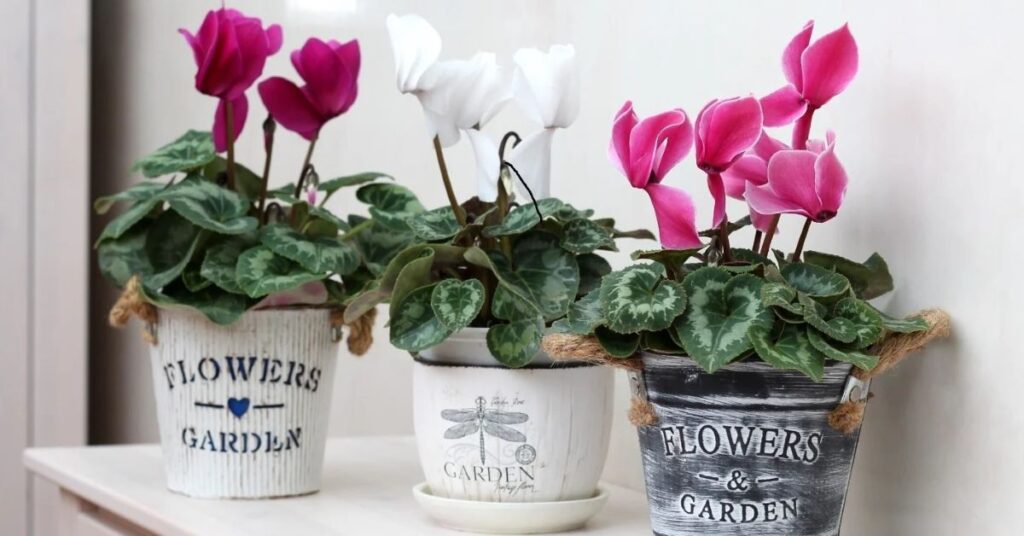
How To Grow Cyclamen Plants In Deer-Prone Areas – Practical Tips!
- Strategic Planting: Choose locations that are less accessible to deer, such as closer to the house or surrounded by deer-resistant plants.
- Physical Barriers: Install tall fencing or barriers around cyclamen beds to deter deer from accessing them.
- Container Gardening: Plant cyclamen in elevated containers to make them less accessible to browsing deer.
- Deer Repellents: Apply commercial or homemade deer repellents to discourage deer from feeding on cyclamen foliage.
Here You Go! you have completely got all the information about “Are Cyclamen Deer Resistant?”. For further information visit the Community Website.
Frequently Asked Questions:
1. Will cyclamen grow back if damaged by deer?
Yes, Cyclamen can grow back if damaged by deer. Cyclamen are resilient plants that can regrow from their corms even if their leaves or flowers are eaten by deer.
2. Is a cyclamen a perennial or annual?
Cyclamen are perennial plants in hardiness zones 9 and 10. They are tuberous perennials. This means that during their summer dormancy, they die back to their tubers, which are thick roots underground.
3. Are there any flowering plants that deer will not eat?
Daffodils, foxgloves, and poppies are flowers deer usually don’t eat. Deer usually avoids poisonous plants and plants that have strong smells.
4. What flowers do deer hate the most?
Deer mostly hate and ignore the bee balm (monarda), foxglove (digitalis), silver mound artemisia, dusty miller, dianthus, monkshood, snapdragons, and allium. However, they love pumpkins, mums, hostas, tulips, and lilies.
Conclusion:
Yes, cyclamen are Deer Resistant because they’re poisonous if digested in large quantities and don’t taste good. They have strong leaves and smelly flowers that keep deer away.
However, you can ensure deer won’t bother you by planting them smartly, using barriers, or growing them in pots.
So, even if you have lots of deer in your surroundings, cyclamen can still thrive in your garden without any trouble!



